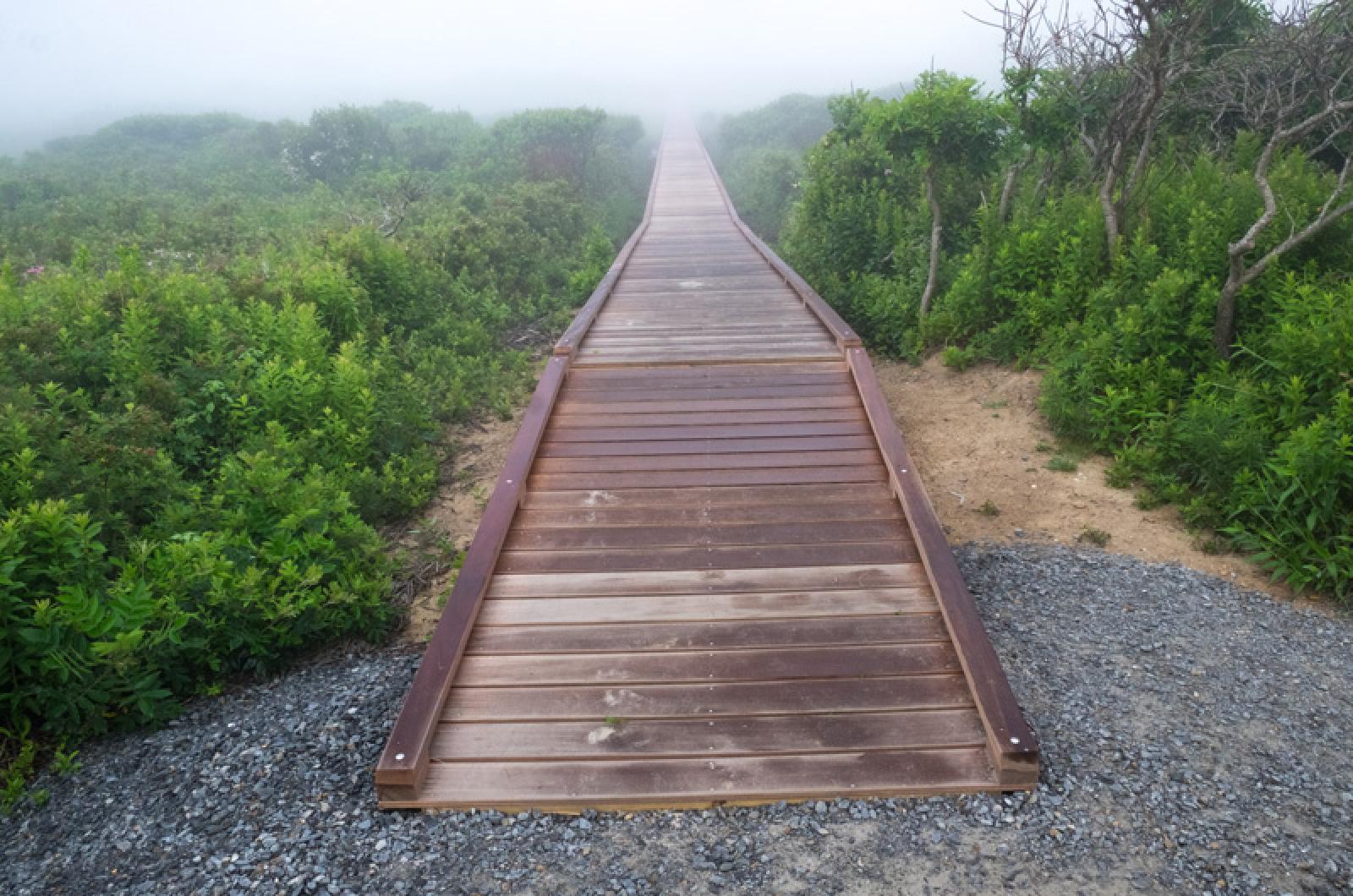As a result of being the cook on a square rigger bound around the world, when I get the chance to spend time ashore with newfound friends, invariably the conversation turns to food. The preparation of food, the various kinds of food to be found locally, the trials of the job, etc. So it was one night in a village on the island of Malekula in the far flung pacific country of Vanuatu.
The captain and I were with Dicksen, the chief heir apparent, his wife and her brother at their home which was a palm frond shack with dirt floors and a raised platform where everyone slept. We had spent the evening at a kava party given in honor of the arrival of our ship to this rarely frequented place. Kava is a drink, a term I use loosely here, made from the mashed root of the kava plant, a mild narcotic which gives one a pleasant sense of being and a slightly numbed mouth. As a drink, it goes down hard. It is thick and tastes of the earth and a coconut cupful is usually downed in one shot.
We had had a fair bit of what some term the foulest of brews, and Dicksen had offered us some whiskey back at his pad. The room was dark, lit by a kerosene lantern and we all sat on the ground as is the custom, or kastom as they say in those parts. As we sat and drank, we talked lightly as newfound friends do. Vanuatu and her people are closely related to the tribes of Papua, New Guinea. It is one of the places on the planet known for having had the kastom of eating people. I use the past tense here, but as the conversation turned from pleasantries to more broad questions and answers, the captain and I broached the question of this most ancient of tabu practices.
Tabu is a word that actually has meaning in present day usage in Vanuatu. Unlike its use in the English language which generally refers to social mores, there are many things that are tabu or forbidden. Places can be tabu, and there are often localized ways of stating when a particular place or action is tabu. A coconut frond placed in a particular way, for example. Dicksen was our friend and we felt comfortable enough to pass over the tabu of questioning our host. So we posed the question, and the answer we received was a bit surprising.
“Dicksen, tell us of the practice of eating people if you would, we have heard from others that is has been done in the not so distant past.”
“Okay captain and Mr. Joe, there is a story and it is a true one, and I will tell it to you this story. It is maybe 10 years since this thing is done, and it is a true story. In another place on this island, on Malekula, there was a teacher and he was having sex with one of his students. Well, the family of the girl discovered that this was what was happening and so they got him and they cut him with a knife and so he was dead and after that they used the knife and they cut him up to pieces and so they be eating him. This is the story and it is a true one.”
After a moment to, how shall I say, swallow the tale, I spoke up. “That’s a bit intense. I mean these people they didn’t like what he was doing with the girl so they thought, we’ll just eat the guy?”
“That is the way that it was in those times. You see, before it was kastom. If someone was doing something that was wrong, then the people could be deciding if they should be eating him.”
“So what stops people now from eating people?” I asked.
“Well Mr. Joe, this is it, you see now the people do not want this thing as kastom, now it is tabu. If the people are wanting to be eating people, if I am the chief, then I must make it the kastom. It is the people who say what they want.”
Very egalitarian, I thought. I also was glad that they weren’t really in the mood for chief cook soup. So we had a nice evening with Dicksen and his family. He and I actually became good friends. I was quite taken by the music of his village and when we departed we had another in a long line of feasts. He presented me with a mat that is worn by men in ceremonies. I was tempted even to get some recipes, but after a bit of thought I realized that the crew was having a hard enough time with the taro and the manioc and it would get to be a bit burdensome if we had to have a head count at every meal.
I always try to find out about the local game and the history of the uses of various foods. In Vanuatu, if I wanted to find out what a former delicacy looked like I had merely to look in a mirror.
Joe Keenan is a roofer, baker and musician living in West Tisbury.




Comments (5)
Comments
Comment policy »